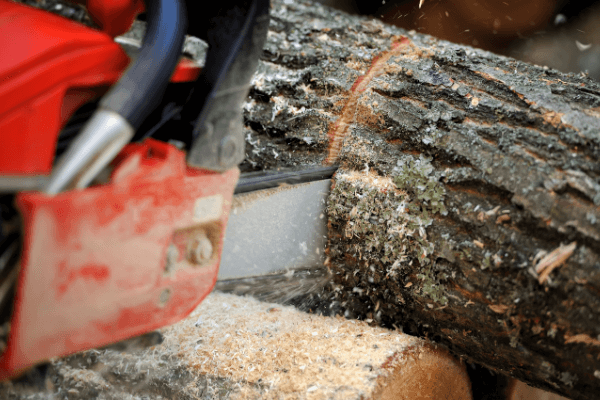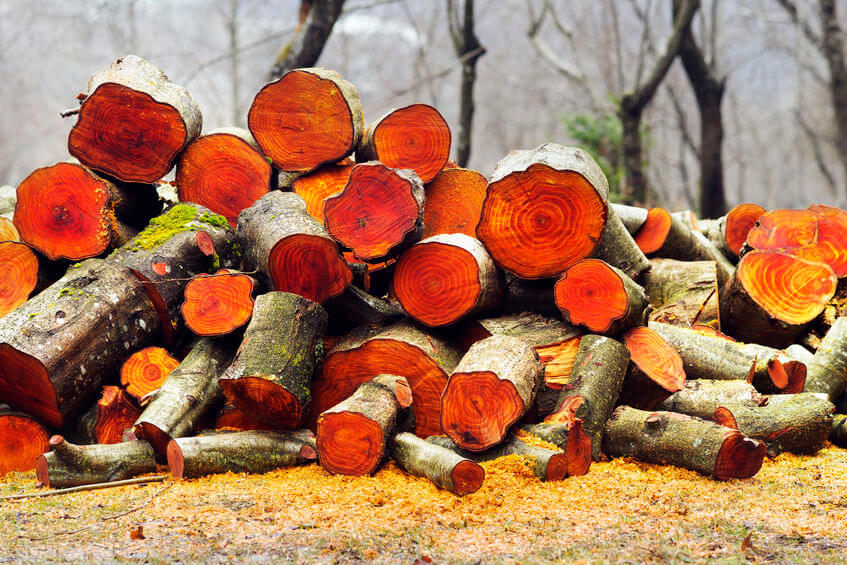- Home
- Heating With Wood
- Firewood Ash
Firewood Ash
This post may contain affiliate links so I earn a commission.
Firewood ash consists of all the solid residue left over from the complete combustion of firewood.
The amount of ashes leftover from a fire and their composition depends on several different factors.
The type of wood burned, the amount of bark and the ratio of heartwood to sapwood all affect the amount and consistency of your remaining ashes.
Generally speaking, ash content is not a major concern when choosing a firewood type.
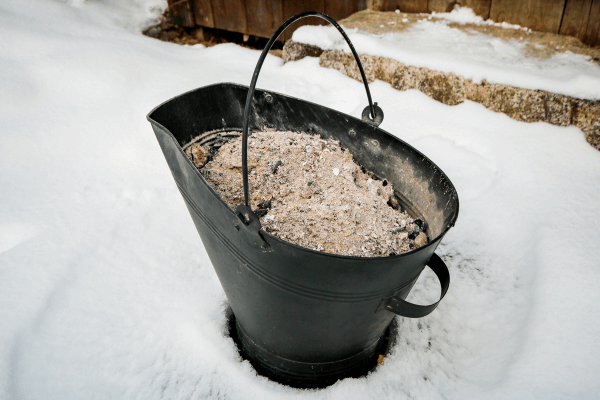
The amount of leftover ashes is not really a problem because the volume is so small.
How much ash does a fire produce?
It can vary a little but a standard cord of firewood which is 128 cubic feet will produce about a bushel of ashes.
Ash Composition
Ashes are composed of the following elements:
- Calcium
- Potassium
- Sodium
- Magnesium
- Iron
- Silicon
- Phosphorous
- Sulphur
Calcium and Potassium are the two prominent elements found in leftover ash.
The high potassium content which ranges from 10-30 percent, makes ash an excellent fertilizer.
The ashes will also decrease the acidity of your garden soil.
Wood ash can boost the pH of your soil much quicker than other additives, like limestone - that’s because ash is more water-soluble.
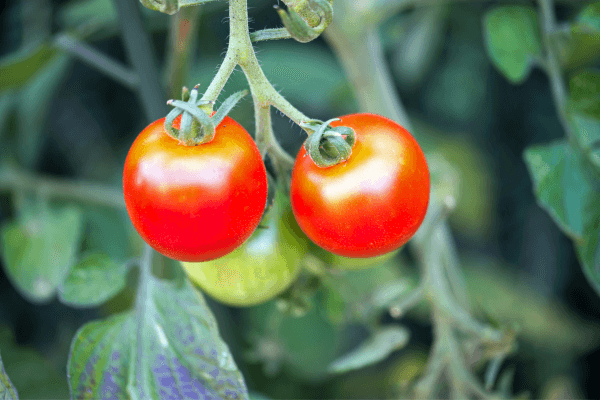
However, if you're going to put ashes in your garden don't apply them directly around the plants.
Mix the ashes into the soil in the fall or spring.
You should also make sure you test the pH of your soil before adding firewood ash.
It’s not always necessary and it can add more alkalinity than necessary.
There are some plants that require more firewood ash fertilizer than others, including tomato plants.
Tomato plants do well with lots of potassium and calcium, so soil amendments that provide these nutrients are incredibly beneficial.
Firewood ash is one such amendment that tomato plants love.
Many flowers do well with some firewood ash, too.
Here's a comment from one of our visitors explaining his experience using ash as a fertilizer:
"We found that adding a shovel full of ash to a cubic yard of soil was about right for our soil's pH. It's great because it's a free way to raise pH if the soil is too acidic."
-Rob
One year I had the idea to sprinkle some ashes around a bunch of vegetable plants growing in the garden.
I thought it would be a good source of fertilizer.
In the end everything died because the ashes were not worked into the soil, which is a mistake I'll never make again!
Other Uses For Firewood Ash
Still not sure what to do with all of that firewood ash? Here are some of the best ideas for you to consider.
Fertilizing and Amending the Garden
Fertilizer is the most common and popular use for leftover ashes.
Working the ashes into your garden soil is very beneficial. You can also use ashes for:
- Flower beds
- Flower boxes
- Lawns
Compost Ingredient
If you have a compost pile, firewood ash is a no-brainer addition.
You can add a sprinkle to any outdoor or indoor compost bin.
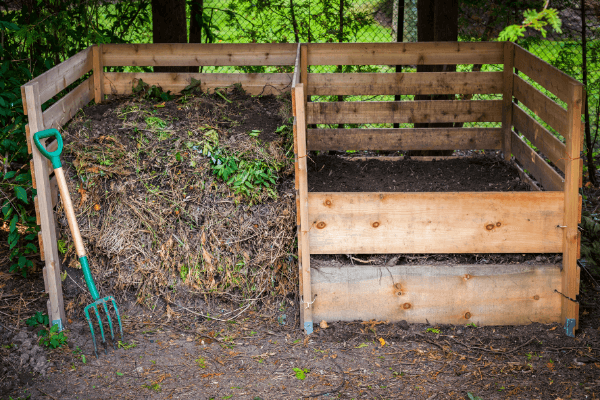
It will help add all kinds of beneficial
nutrients (the same ones you wanted to use in our garden, we’ll add!) that will
make your compost more helpful for your plants.
De-Icing Agent
Firewood ash also serves as a wonderful ice melt for sidewalks and driveways.
The beauty of it, as opposed to other ice-fighting agents, is that it is not toxic for people and pets.
You don’t have to worry if your dog decides to take a nibble!
Odor Eliminator
Firewood ash is a fantastic choice when it comes to getting rid of stubborn, unpleasant odors.
If you’ve ever used baking soda to absorb nasty smells like fish or onions, you better believe that firewood ash will work in just about the same way.
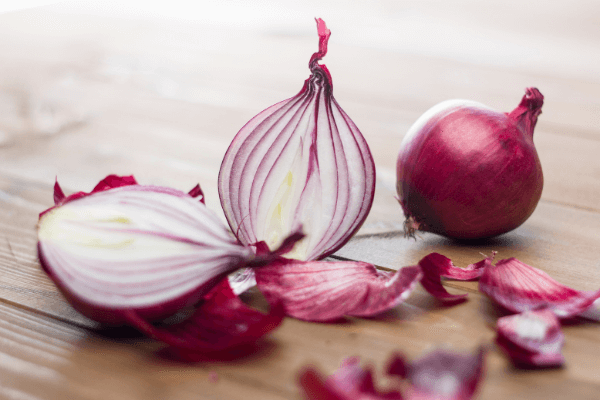
It’s particularly effective when used in a location like a freezer or refrigerator.
For Cleaning
Firewood ash also works well as a degreasing cleaner.
You can use it to clean the grimy glass on your wood stove or even to help wipe up your glass stovetop.
It is lightly abrasive, making it a good choice for all of these applications.
That’s not all, though. Firewood ash can also be used to buff tarnished metals or even to remove adhesives or sticky residue.
You can make a paste with a bit of water and apply it to whatever might need cleaning.
You might want to wear gloves to protect your skin, though.
DIY Soapmaking
You can even make your own soap with firewood ash.
To do this, you’ll just combine water and wood ash - that’s right. You’ll be making your own lye.
The best firewood ashes for making soap are those from hardwoods, like beech, hickory, or ash.
Keep Pests Away
You can use firewood ash to keep pests at bay, too.
It can be used as a deterrent for ants, snails, and slugs.
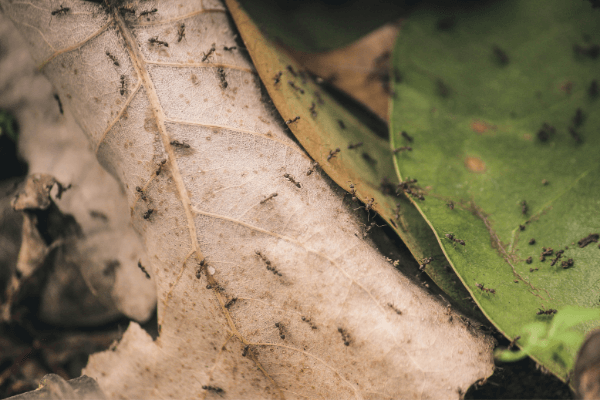
All you need to do is sprinkle a ring around your vulnerable plants. Reapply as needed, since the rain will wash the ash away each time.
Clean Up Oil Spills
Just like kitty litter, firewood ash is incredibly effective when it comes to cleaning up oil spills.
Keep some on hand long after your fire has burned out just for this purpose!
One Word Of Caution When Using Firewood Ash
IMPORTANT:
Never use hot ashes in any of these applications.
Always store ashes in a non-combustible container.
I always store my leftover ashes in a large metal trash can with a lid and allow them to completely cool before use.
Choosing to store ashes in a combustible container like paper or plastic is dangerous.
The hot ashes and coals could easily ignite the container causing an unwanted and potentially dangerous fire.
Overall
Although it's a little messy at times, ash should not be a major concern when deciding whether or not to burn firewood.
The leftover ashes have many benefits around the house and the amount of effort required to dispose of the ashes is minimal.

About the Author
Obsessed with firewood, Nick is behind over 350+ of Firewood For Life's articles, as well as countless reviews, guides and YouTube videos to help readers like you reduce heating costs and create the perfect fire.
